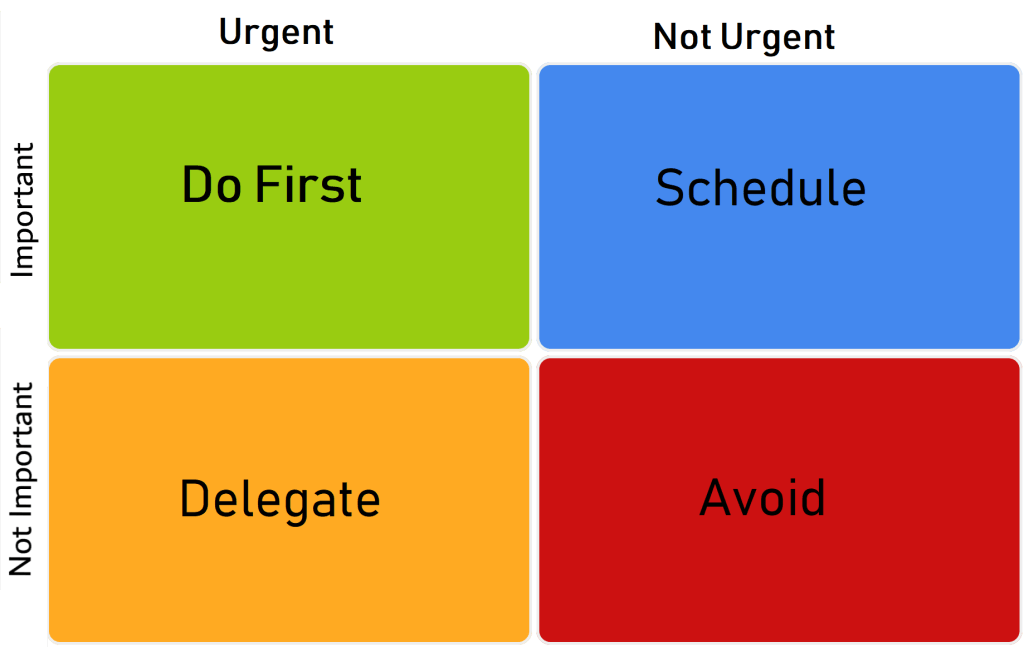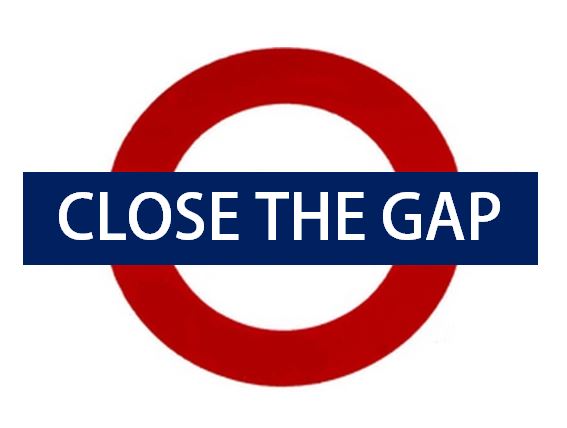This month…..perhaps something you could practice on holiday when your in the pool – Context dependant memory.
Context-dependent memory refers to the phenomenon where the retrieval of information is influenced by the context or environment in which it was encoded or learned. In other words, people tend to recall information more effectively when they are in the same or similar context as the one in which the information was initially learned.
Let me give you an example, have you ever lost your keys and no matter how hard you try to remember where you put them, you can’t. Then someone says the magic words, “when did you last remember seeing them?”. This forces you to revisit the context, effectively the circumstances, background information or setting in which you last saw your keys. You may even find it helpful to physically go to the last location when you saw them, from which you are able to recreate the chain of events that followed sufficiently well that your keys will simply appear. This proves we are storing information often unconsciously as to what is around us when a particular memory is created. It’s a very similar process used in the Roman Room (Loci method) memory technique that involves associating information with specific locations or rooms within a familiar building, such as a house. The idea is to mentally visualise the information you want to remember being stored in each room, making it easier to recall later.
There are three primary processes involved in memory, encoding, storage, and retrieval. The context or environment provides powerful cues that help encode the information, making it far easier to store and ultimately retrieve at a later date. The secret for a better memory is to improve the process of encoding and to use techniques that are effective in terms of retrieval. Retrieval failure on the other hand occurs when the memory is available to us, but the necessary cues to access and recall are not.
The underwater memory
One of the most famous studies that identified the power of context dependent memory was conducted by Godden and Baddeley in 1975. In their research, they explored how the external context in which information is learned affects the ability to recall that information accurately. The study involved divers who were taught lists of words either on land or underwater. The participants were then asked to recall the words in either the same or a different environment from where they learned them. The four conditions tested were land-land, land-water, water-land, and water-water. The results of the study showed that participants had better recall when the environment of recall matched the environment of learning. In other words, those who learned the words underwater had better memory recall when they were tested underwater, while those who learned on land had better memory recall when they were tested on land.
The experiment proved that the context in which information is initially encoded becomes an important cue for memory retrieval.
Studying and testing in the same environment
Perhaps a more relevant example was conducted by Grant et al in 1998 which showed that there was a significant improvement in learners performance when the studying and testing environments were consistent or the same. It highlighted the importance of considering the environmental context when learning, for example most exams are taken in silence, sat at a desk using a computer. The rationale behind context dependent memory would suggest that the best way to study would be similar. The silence acting as an auditory cue to focus and concentrate and the sound of the keyboard helping the brain recreate thoughts and ideas in a similar way as to when they were first created.
Mood and emotions are also context
But context-dependent memory is not limited to environmental cues but can also extend to other contextual factors, such as emotional state or mood. Mood-dependent memory proposes that memory retrieval is generally more effective when the emotional state experienced during encoding aligns with the emotional state present during retrieval. This is one reason why sitting a mock exam is so effective, not only does it help prepare you mentally in terms of coping with uncertainty, but anything learned where anxiety and concentration levels are high, as is the case for a mock exam will be retained, only to be rediscovered when you enter that same state in the real exam. You may have already experienced this when taking an exam and a similar question is asked, the result, you are able to recall the answer with great clarity.
Criticism
As with most theories there are of course critics, some suggesting that the controlled laboratory experiments may not adequately replicate the complex and dynamic contexts people encounter in the real world. In addition memory effects may vary depending on individual differences, such as cognitive processes and personality traits.
However…….There is little doubt that the way information is encoded is a significant factor in determining how well you are able to remember something later. So why not give it a go when your next underwater.
Listen to DR Robert Byork discuss this in more detail, well worth 8.5 minutes of your time.










 The statistics are astonishing, as of January 2014, over 67 million people play League of Legends per month, 27 million per day, and over 7.5 million concurrently during peak hours. And if your good at it the prize money for winning the world championship might get you to question your chosen profession, it was $2.3m in 2014 and 2015. Playing an on-line game is part of daily life for many people.
The statistics are astonishing, as of January 2014, over 67 million people play League of Legends per month, 27 million per day, and over 7.5 million concurrently during peak hours. And if your good at it the prize money for winning the world championship might get you to question your chosen profession, it was $2.3m in 2014 and 2015. Playing an on-line game is part of daily life for many people.



